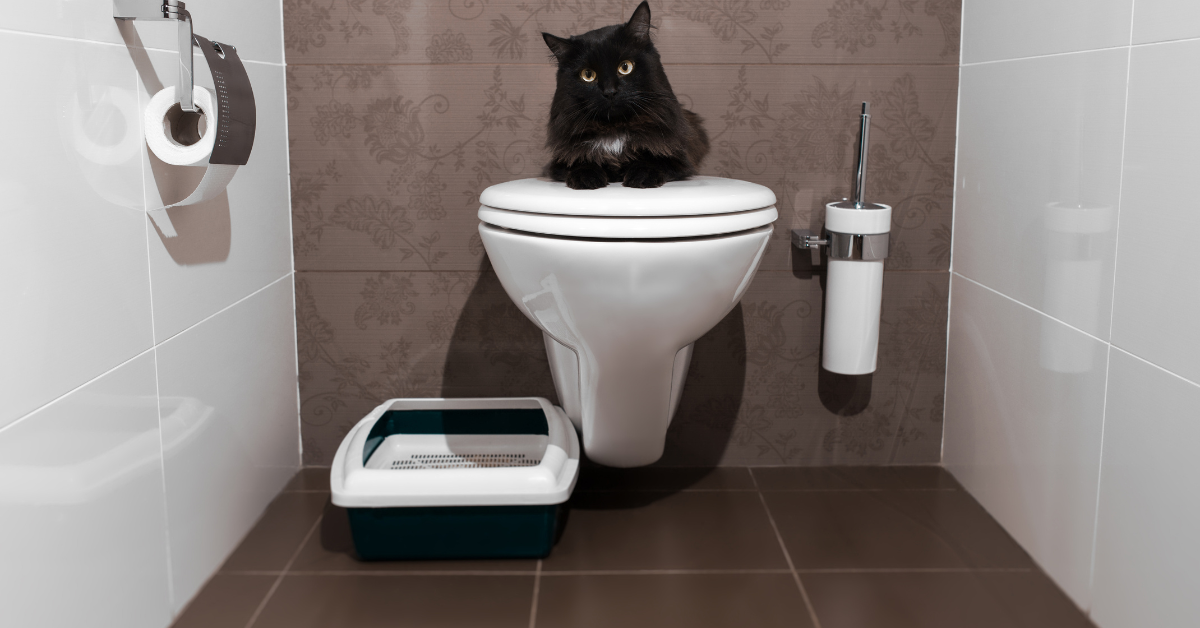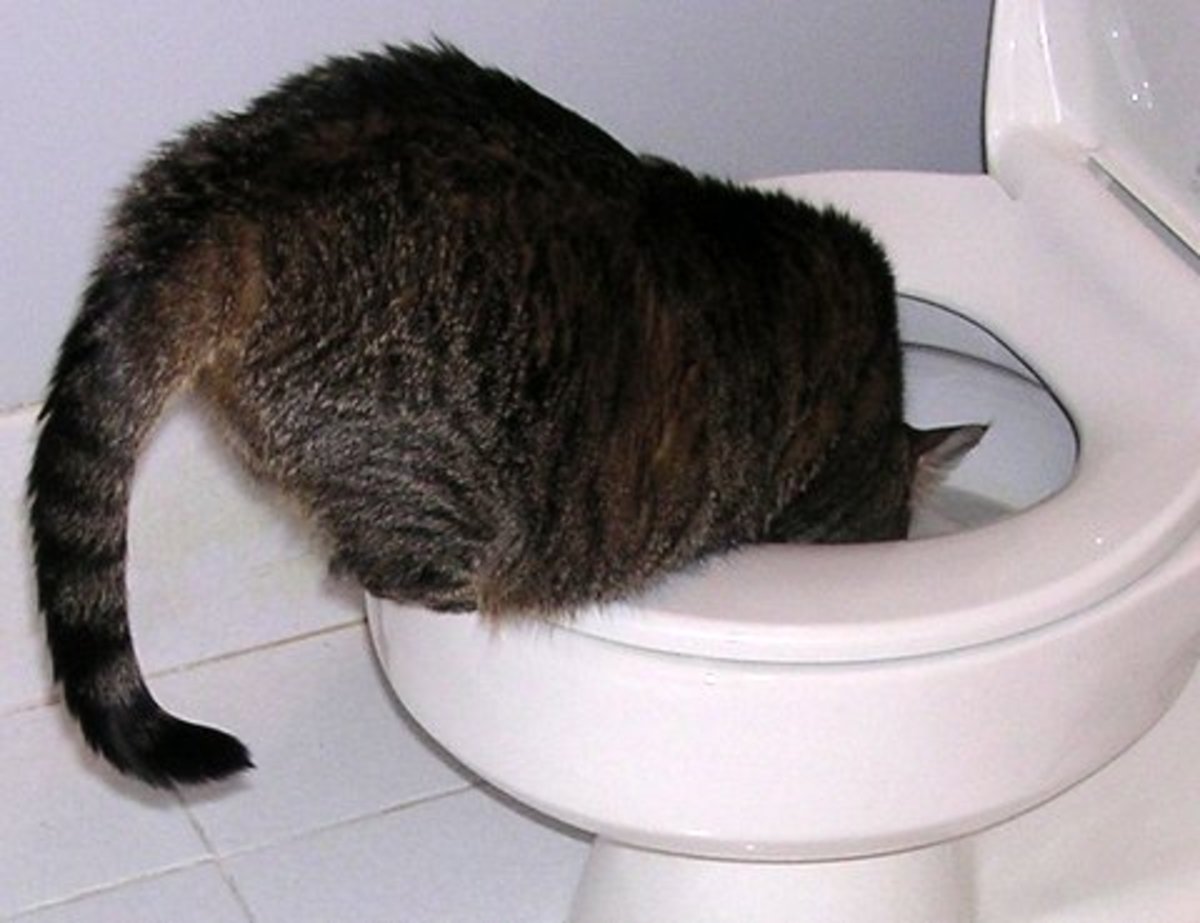Potential Risks of Flushing Cat Poop Down Your Toilet - Advice for Safer Disposal
Potential Risks of Flushing Cat Poop Down Your Toilet - Advice for Safer Disposal
Blog Article
This great article which follows involving Can You Flush Cat Poo or Litter Down the Toilet? is particularly enlightening. Check it out yourself and decide what you think of it.

Intro
As cat proprietors, it's important to bear in mind just how we get rid of our feline pals' waste. While it might appear practical to flush feline poop down the toilet, this practice can have detrimental consequences for both the setting and human health.
Ecological Impact
Purging pet cat poop presents hazardous virus and parasites right into the water, positioning a substantial danger to marine ecosystems. These pollutants can adversely affect marine life and concession water quality.
Wellness Risks
In addition to environmental concerns, purging feline waste can also pose wellness threats to people. Cat feces might consist of Toxoplasma gondii, a parasite that can create toxoplasmosis-- a possibly extreme illness, particularly for expecting ladies and people with weakened immune systems.
Alternatives to Flushing
Thankfully, there are more secure and extra accountable means to get rid of pet cat poop. Take into consideration the complying with options:
1. Scoop and Dispose in Trash
The most typical approach of throwing away cat poop is to scoop it into a biodegradable bag and throw it in the trash. Be sure to utilize a committed litter scoop and take care of the waste without delay.
2. Usage Biodegradable Litter
Opt for naturally degradable feline trash made from products such as corn or wheat. These litters are environmentally friendly and can be safely taken care of in the trash.
3. Bury in the Yard
If you have a lawn, consider hiding pet cat waste in a marked area away from veggie yards and water resources. Make sure to dig deep sufficient to avoid contamination of groundwater.
4. Install a Pet Waste Disposal System
Buy a family pet waste disposal system specifically designed for feline waste. These systems use enzymes to break down the waste, lowering odor and environmental effect.
Verdict
Accountable animal possession prolongs beyond giving food and shelter-- it likewise involves appropriate waste monitoring. By avoiding flushing feline poop down the bathroom and opting for alternative disposal approaches, we can lessen our environmental impact and secure human wellness.
Why You Should Never Flush Cat Poop Down the Toilet
A rose by any other name might smell as sweet, but not all poop is created equal. Toilets, and our sewage systems, are designed for human excrement, not animal waste. It might seem like it couldn’t hurt to toss cat feces into the loo, but it’s not a good idea to flush cat poop in the toilet.
First and foremost, assuming your cat uses a litter box, any waste is going to have litter on it. And even the smallest amount of litter can wreak havoc on plumbing.
Over time, small amounts build up, filling up your septic system. Most litter sold today is clumping; it is made from a type of clay that hardens when it gets wet. Ever tried to scrape old clumps from the bottom of a litter box? You know just how cement-hard it can get!
Now imagine just a small clump of that stuck in your pipes. A simple de-clogger like Drano isn’t going to cut it. And that means it’s going to cost you big time to fix it.
Parasitic Contamination
Believe it or not, your healthy kitty may be harboring a nasty parasite. Only cats excrete Toxoplasma in their feces. Yet it rarely causes serious health issues in the cats that are infected. Most people will be fine too if infected. Only pregnant women and people with compromised immune systems are at risk. (If you’ve ever heard how women who are expecting are excused from litter cleaning duty, Toxoplasma is why.)
But other animals may have a problem if infected with the parasite. And human water treatment systems aren’t designed to handle it. As a result, the systems don’t remove the parasite before discharging wastewater into local waterways. Fish, shellfish, and other marine life — otters in particular — are susceptible to toxoplasma. If exposed, most will end up with brain damage and many will die.
Depending on the species of fish, they may end up on someone’s fish hook and, ultimately on someone’s dinner plate. If that someone has a chronic illness, they’re at risk.
Skip the Toilet Training
We know there are folks out there who like to toilet train their cats. And we give them props, it takes a lot of work. But thanks to the toxoplasma, it’s not a good idea.

I came across that piece on Don’t flush cat feces down the toilet while perusing the internet. Do you know about somebody else who is in to the topic? Feel free to promote it. Thank you for your time. Visit us again soon.
Call Today Report this page